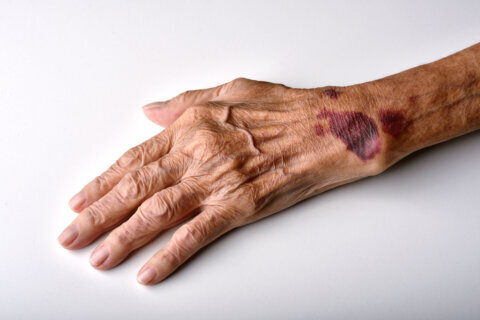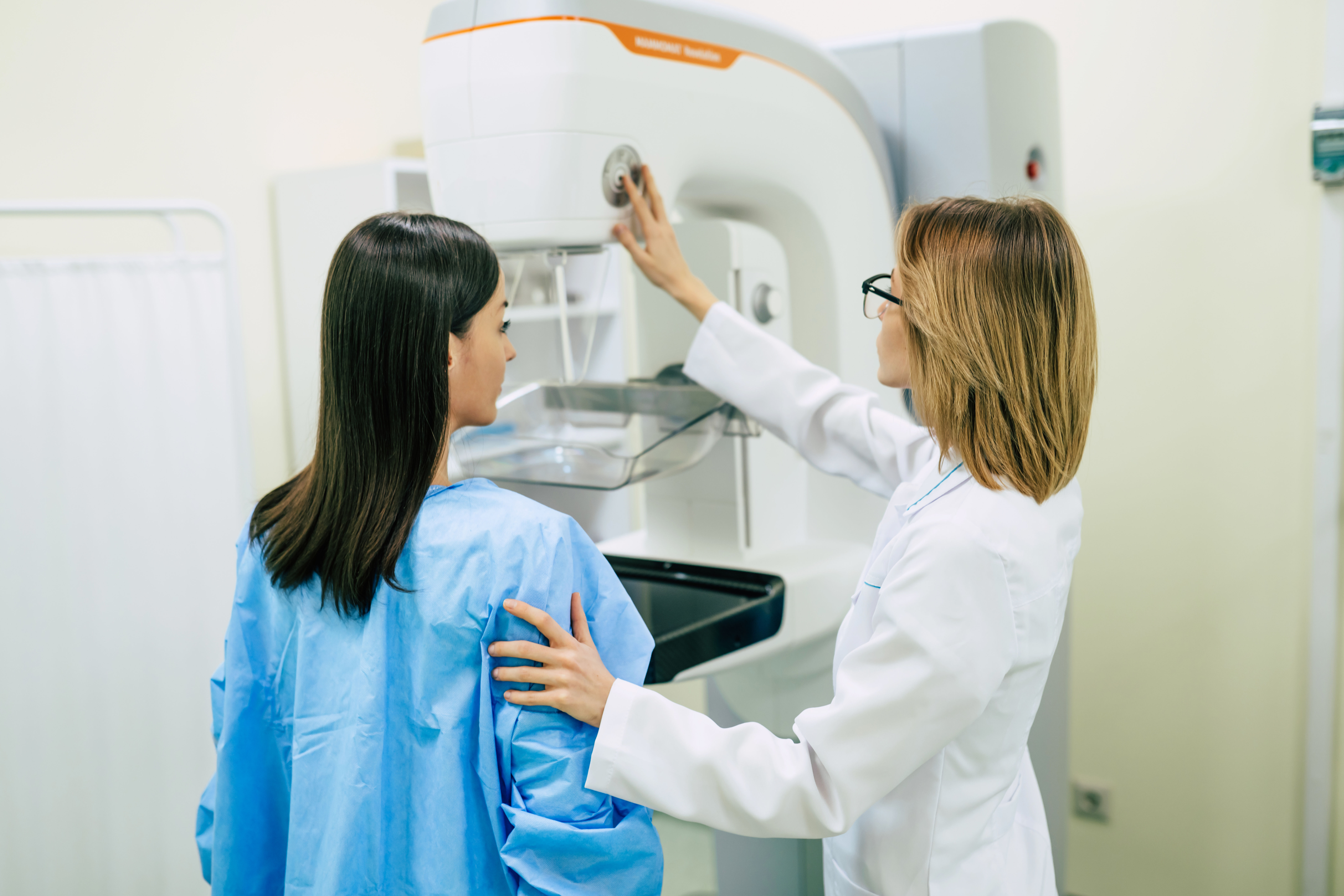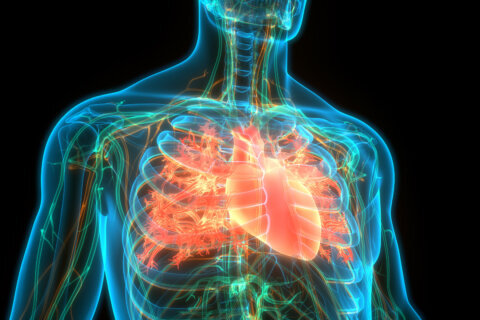This content is sponsored by MedStar Washington Hospital Center.
Late last year, Celine Dion announced that she had been diagnosed with stiff-person syndrome, a rare neurological autoimmune condition, which impacted her ability to move and sing. The diagnosis led her to cancel her 2023 tour dates.
“Unfortunately, the spasms affect every aspect of my daily life, sometimes causing difficulties when I walk and not allowing me to use my vocal cords to sing the way I’m used to,” the five-time Grammy-winning artist said in a video message.
Since Dion announced her diagnosis in December 2022, the public is now more aware of the uncommon condition, which affects one in 1 million people. It’s so rare that MedStar Washington Hospital Center has only seen about 100 people with a suspected diagnosis of stiff-person syndrome, also known as SPS.
SPS symptoms include stiff muscles in the torso, arms and legs. Also, those who have SPS have a greater sensitivity to noise, touch, and emotional distress, which can set off muscle spasms, according to the National Institutes of Neurological Disorders and Stroke.
People with SPS can develop a hunched posture; some may become too disabled to walk or move, according to the institute. In some cases, intense or prolonged spasms can dislocate a patient’s joints or break their bones. It’s not unusual for patients with SPS to develop anxiety or depression, said Dr. Nicholas Streicher, an attending neurologist affiliated with MedStar Washington Hospital Center.
“It’s a tricky disease; people often are very debilitated by it,” Dr. Streicher said.
“There’s definitely psychosocial implications and overlap, where … people get startled and then spasm, and it can be very frustrating for the patient and for the doctor. Because it’s just difficult to treat, the patients are upset and the doctors are upset. So it’s very tricky as overall as a syndrome.”
Stiff-person syndrome is an autoimmune disease that affects the nervous system. That means the patient’s antibodies attack the body rather than help protect it. Those with SPS typically have elevated levels of GAD antibodies. Elevated levels of GAD antibodies present not only in SPS, but also with diabetes, making SPS both rare and “so hard to diagnose,” Dr. Streicher said.
The stiffness caused by the condition can lead to misdiagnosis as well. It can often be misdiagnosed as Parkinson’s disease, multiple sclerosis, fibromyalgia, psychosomatic illness, or anxiety and phobia.
“Because it’s rare, and because of the variety and presentation as well … the diagnostic uncertainty is there. So … people are sometimes underdiagnosed, and sometimes people are probably misdiagnosed, because there’s other things that can make you rigid and stiff,” Dr. Streicher said.
With expert treatment and care, most SPS symptoms can be kept under control and patients do well, Dr. Streicher said.
When it comes to treatment, most patients start with benzodiazepine, a muscle relaxant, but may need far more than the typical dosing – sometimes up to five times more, Dr. Streicher said. Despite the high dosage, patients usually adjust well and can function well. In some cases, patients may benefit from baclofen, a pill or spinal injection to relax the muscles.
A study funded by the National Institute of Neurological Disorders and Stroke showed that intravenous immunoglobulin (IVIg) treatment is effective in reducing stiffness, sensitivity to noise, touch, and stress and for improving gait and balance for people with SPS. IVIg contains immunoglobulins (natural antibodies produced by the immune system) derived from thousands of healthy donors.
Since SPS is so rare, it’s tough to conduct big clinical trials to study it. The National Institutes of Neurological Disorders and Stroke encourages those who have SPS to participate in a clinical trial “so clinicians and scientists can learn more about SPS and related disorders.” Doing so can “help researchers learn more about a disorder and perhaps find better way to safety detect, treat or prevent disease,” the institute said.
As scientists learn more, physicians have even more information about helping future patients, too, Dr. Streicher said.
“As we continue to understand these genetic and auto immune drivers of these diseases, we’ll be better at diagnosing them and treating them,” he said.
Read more about in a post by Dr. Streicher on the MedStar Washington Hospital Center website.







